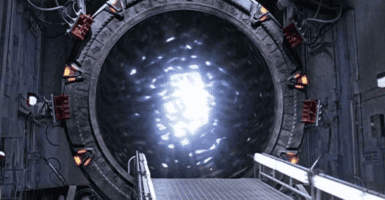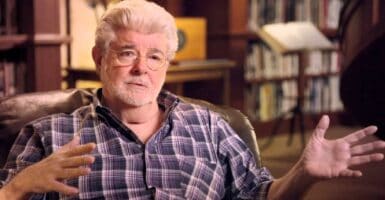The ’80s Sci-Fi Crime Thriller Ruined By Its Director
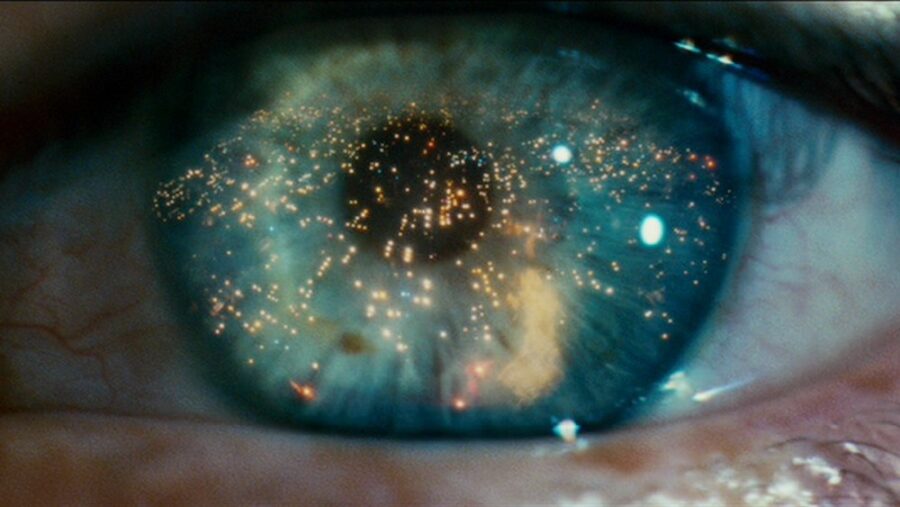
If you’re a fan of the 1982 sci-fi film Blade Runner, then you probably know that many fans theorize that the hero of the film — Deckard, played by Harrison Ford — is secretly one of the artificial humans, or replicants, that he’s tasked to hunt. Various cuts of the film that have been released over the years seem to back this idea, and at a 2013 AFI event, director Ridley Scott confirmed the hero was “definitely a replicant.” As a lifelong fan of this classic, I’ve chosen to all but ignore this quote (clearly I’m not completely ignoring it since I’m writing about it), because when I look at the film through the lens of Deckard-is-a-replicant, the story stops making any kind of sense.
The Proof That He’s A Replicant
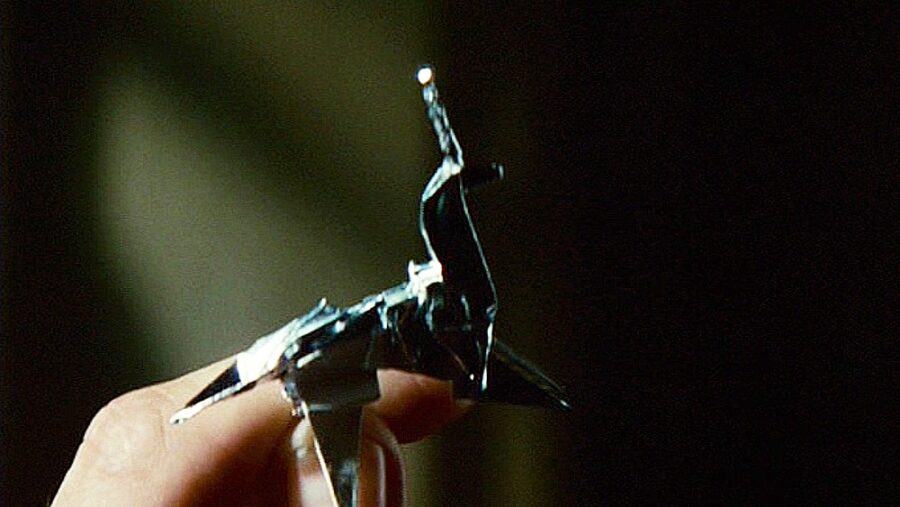
If you’ve only seen the theatrical version of Blade Runner, then you may have missed some of the biggest signs that Deckard is a replicant. Arguably the closest thing to a “smoking gun” in later released cuts of the film is a dream the replicant-hunter has about a unicorn. In the film’s final moments, Deckard discovers that Gaff (Edward James Olmos) has left one of his paper creations outside of his apartment; this time it’s a unicorn.
This is supposedly meant to signal that Gaff knows Deckard is a replicant, because he is apparently privy to the memories and dreams that have been programmed into Ford’s character.
There are other, more subtle signs. Both Leon (Brion James) and Rachael (Sean Young), for example, keep stacks of photographs to maintain some sense of a past. Likewise, we see plenty of photographs around Deckard’s apartment, but no explanations for any of them, and the only thing we ever learn about his past is that he quit his job killing replicants before getting bullied back into the gig.
Blade Runner 2049 Quietly Confirms He’s A Replicant

The prevailing critical word on the subject after the release of 2017’s Blade Runner 2049 was that director Denis Villeneuve had purposely been vague, but he really wasn’t. Ryan Gosling‘s K eventually finds Deckard in the ruins of Las Vegas where, we are told beforehand, radiation levels are so high humans (as in, non-replicants) can’t survive.
Yet Deckard has been there for years, not only living in a highly radioactive area, but presumably eating irradiated food and drinking irradiated water. Either Deckard is a replicant, or he’s a miracle of dystopian medicine.
It Makes No Sense Because Of Why It Could Make Sense
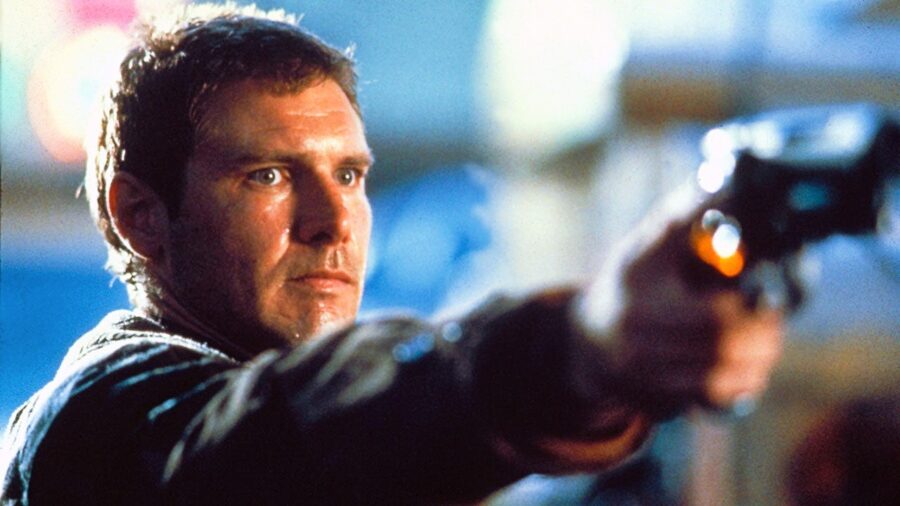
The hero of Blade Runner secretly being a replicant makes no sense, because it would potentially be ingenious to make him a replicant.
That may sound contradictory, but stay with me here.
Why might it make perfect sense to create a replicant and give him the job of a Blade Runner — to hunt down other replicants? Two reasons: because most replicants have enhanced physical attributes and a replicant Blade Runner would be able to match them, and because “it takes a thief to catch a thief,” i.e. one replicant would be more likely to know how another replicant would think.
See the problem now?
Physically, Deckard Is No Match For Other Replicants

It’s made clear throughout Blade Runner that Deckard isn’t hiding any super powers that would let him go toe to toe with replicants. At one point or another all of the replicants he hunts in the film physically dominate him.
In their final confrontation Roy (Rutger Hauer) could kill Deckard whenever he wants, Leon is only stopped from murdering him because of Rachael’s intervention, and Zhora (Joanna Cassidy) dies only because she’s interrupted by witnesses before she can strangle the Blade Runner in her dressing room.
If Deckard is a replicant, then for some reason his creator decided one of the only replicants to not have enhanced abilities would be the one who has the hunt all the people with enhanced abilities. That seems as practical as a solar powered flashlight.
If He Doesn’t Know What He Is, What Good Is He?

The old adage “it takes a thief to catch a thief” doesn’t work if the thief doesn’t know who he is. In other words, if Deckard is a replicant who knows he’s a replicant, that knowledge can help him hunt others like him because he can simply ask, “what would I do in their situation?” But if Deckard is a replicant in Blade Runner, then he doesn’t know it, so that insight isn’t available to him.
Really, if you stop to think about it, regardless of M. Emmet Walsh’s Captain Bryant talking about Deckard like he’s God’s gift to Blade Runners, he doesn’t really come off as being particularly good at his job.
Half of the replicants aren’t even killed by Deckard: Rachael kills Leon, and Roy just straight-up dies on his own. As I mentioned before, Deckard only survives Zhora because of dumb luck, and if Pris (Daryl Hannah) hadn’t been silly enough to run across the room to set up some kind of gymnastic display rather than taking Deckard out while he was helpless on the floor, the movie could’ve ended a lot differently.
If He’s A Replicant, Blade Runner Means Nothing

To me, the most poignant message of Blade Runner is one of inclusion–that life is life is life. And that, most importantly, life is far too precious and fragile to take for granted. When Roy and Deckard face each other in the rain, moments before the former’s death, they are (in my interpretation, at least) not even the same species, but in their mortality they are the same.
Whether he’s human or replicant, death is coming for Deckard eventually, and he will face the same dark moment Roy is facing. That makes the tragedy of Roy a universal one, rather than the story of an anomalous sci-fi rebel. We are all Roy.
Or, as Gaff puts it moments after Roy’s death, “It’s too bad she won’t live, but then again who does?”
But if Deckard is a replicant, like Roy, then their connection at the end of the film means nothing. The gap between man and “machine” hasn’t been crossed, but the gap between self-aware machine and machine that still hasn’t figured out what he is. Blade Runner is no longer a sci-fi film exploring the human condition, but–well it’s a two hour version of that Battlestar Galactica season finale when half the cast magically realized they were Cylons because they knew the same Bob Dylan lyrics. Who cares?
Source: Digital Spy



